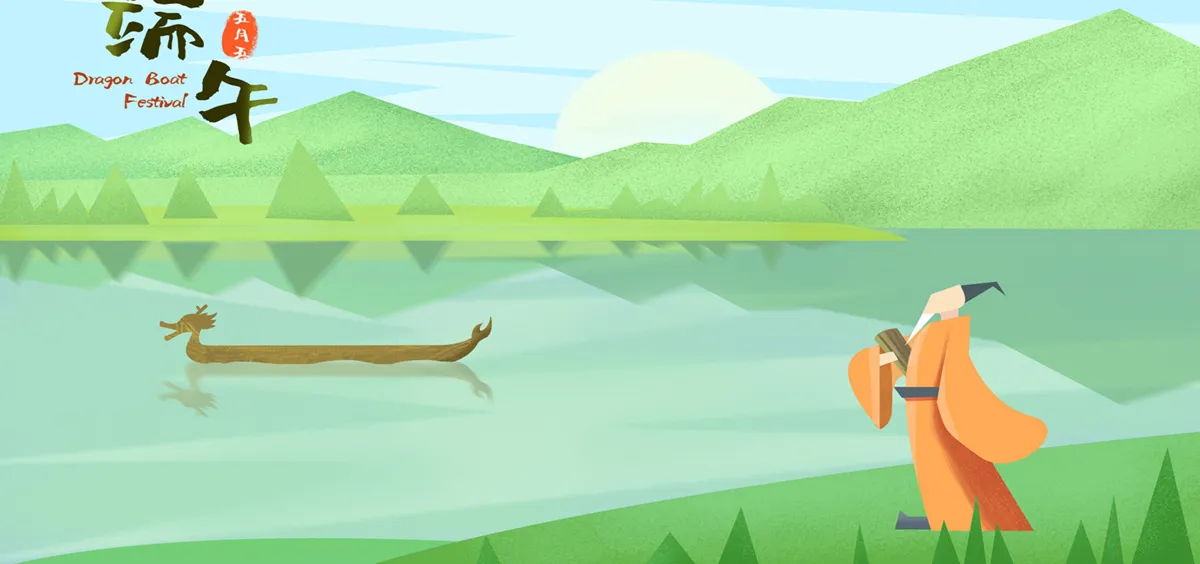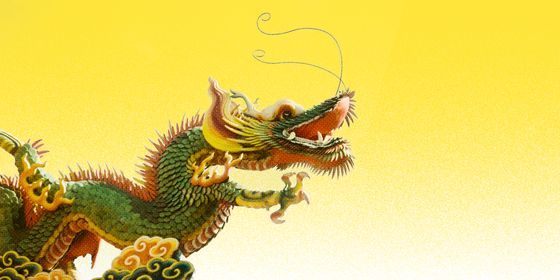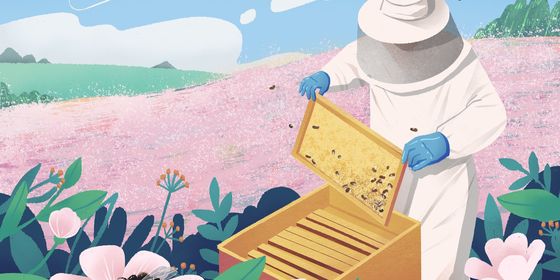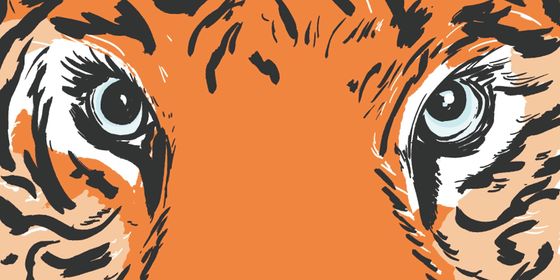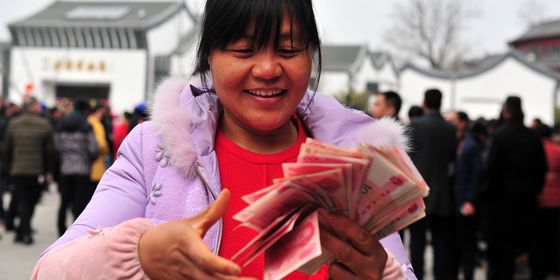Phrases by and about the official who inspired the Dragon Boat Festival
Choice Chengyu is a regular column, examining interesting, unique or newsworthy examples of chengyu—four-character idioms or proverbs, derived from historical and mythical events.
The Duanwu Festival, also known as the Dragon Boat Festival, falls on the fifth day of the fifth lunar month (typically June in the solar calendar). An ancient agricultural holiday, which worshiped the dragons that controlled the rainfall and waterways, the Duanwu Festival later became associated with Qu Yuan, a poet and official from the Warring States era who was banished from court for opposing the King of Chu’s decision to ally with the powerful state of Qin.
On the Duanwu Festival in 278 BCE, after 28 years in exile, Qu drowned himself in the Miluo River on learning that the Chu capital had fallen to the Qin. Afterwards, local fishermen paddled onto the the river to make offerings to Qu, creating the traditions of dragon-boat racing and zongzi-eating. For a slightly different way to commerate Qu, learn some the many chengyu that have been derived from his prolific written works and legendary life:
美人迟暮 A beauty past her prime
Qu Yuan’s most famous work, “The Lament,” goes: “I worry about the plants that are withering away and fear of the beauty who has grown old.” Some scholars believe Qu was referring to himself, lamenting that he had grown old before realizing his dreams; others think that “the beauty” referred to the King of Chu. In any case, this chengyu expresses regret over something that has passed its prime.
众醉独醒 Sober while all others are drunk
哺糟啜醨 Eat dregs and drink light alcohol
随波逐流 Drift with the tide and go with the flow
All three chengyu come from Qu Yuan’s essay, “The Fisherman,” which records a conversation that supposedly took place between the author and a philosophising fisherman (some scholars believe that the essay was written by different author using Qu Yuan as a character). The two reveal opposing attitudes in their conversation:
Qu Yuan: “The whole world is muddy, I alone am clear; the people are all drunk, I alone am awake. That is why I was banished.”
Fisherman: “A sage never approaches matters with a rigid attitude, but changes as the world does. The whole world is muddy; why not stir the water and kick up the wave? People are all drunk; why not eat some dregs [leftover grains from brewing alcohol] and drink some light liquor with them?”
While the original essay took no sides on the debate, Qu Yuan’s line gave rise to the first chengyu, which expresses a person’s sorrow and loneliness in a climate of corruption. However, the second and third chengyu, based on the fisherman’s lines, took on negative meanings referring to those who follow blindly or succumb to peer pressure.
黄钟毁弃,瓦釜雷鸣 The copper bells were destroyed and abandoned, while earthen pot makes a lot of noise
This is a complaint from the essay “Bu Ju,” which, like the “The Fisherman,” may have either been written by Qu Yuan or another author in Qu’s memory.
Copper bells were precise musical instruments used for timekeeping, so they are a metaphor for virtuous and talented people; the pot made of earth, however, is of much less valuable and stands in for mediocrity. This expression is often used to criticize an unfair system that allows worthless individuals to stay in power while more competent people are forced out.
才过屈宋 More talented than Qu and Song
Though Qu Yuan’s life is full of tragedy, his literary talent was widely recognized. This chengyu comes from Tang poet Du Fu’s “Drunken Ballad” (《醉时歌》). The “Song” in the chengyu refers to another Chu poet, Song Yu. Since both poets were at the top of their fields, this phrase became a compliment for literati in later eras.
Cover image from VCG





